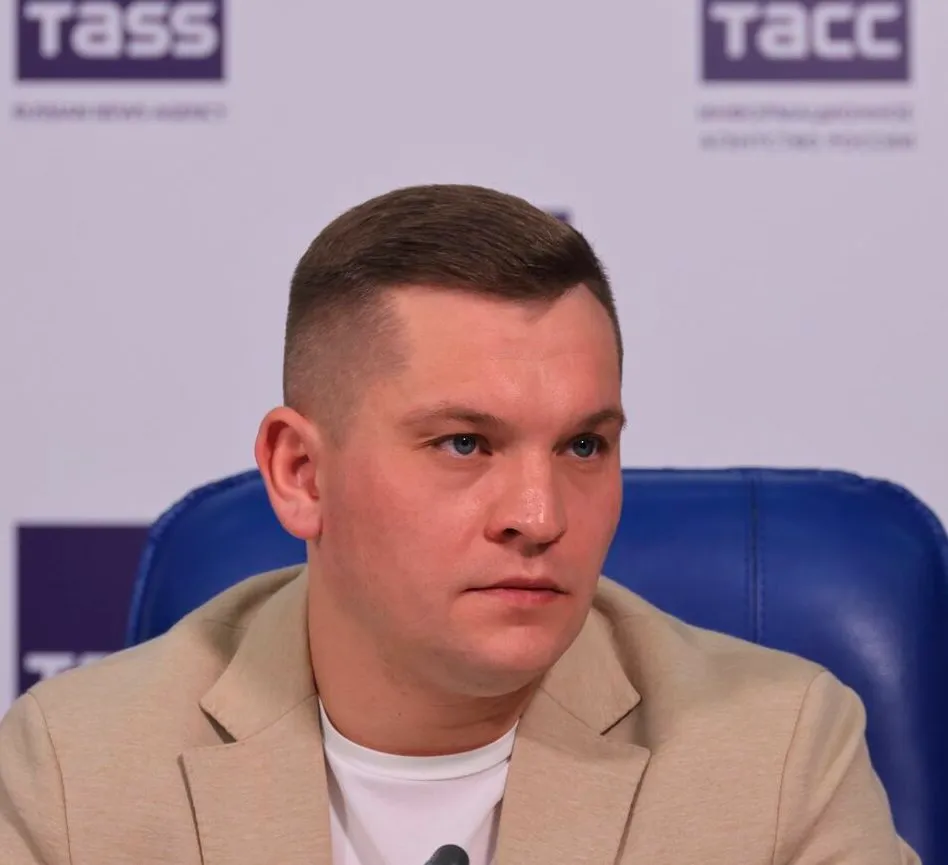Russia Breaks Through the Scientific Information Blockade

A new national scientific platform, Inventorus, has been launched in Russia to replace the now-inaccessible Web of Science and Scopus. Powered by an AI engine that understands 42 languages, it can accurately translate scientific terminology even in the most complex technical texts.
A Powerful Research Tool
Inventorus is a new database of scientific papers and patents developed in Russia, offering a massive repository of science and technology sources, including international publications and patent records. It is designed for universal access — from scientists and graduate students to engineers and industrial companies — to support the country’s technological advancement goals.
One of its key features is the embedded AI named Nikola. Trained on a volume of data comparable to that of Web of Science and Scopus, Nikola can fluently translate technical language across 42 languages. Inventorus enables Russian researchers to engage directly with global scientific discourse — a critical step after the country lost access to major Western databases. Beyond search and analysis, the platform offers real-time tracking of publication trends, citation metrics, and research development trajectories.
Strategically, the platform aims to lay the foundation for a comprehensive national research ecosystem.

Strengthening Scientific Integration
For Russian society, Inventorus promises greater access to scientific knowledge, enriching the educational landscape and boosting collaboration among universities, research institutes, and industry. For the state, it serves as a vital instrument for technological sovereignty in knowledge-intensive sectors, while also fostering local software development.
The platform is designed for deep integration with universities — helping automate the generation of teaching materials — and with the national patent office, where it accelerates and enhances translation accuracy for patent documentation. Monetization is planned via a B2B subscription model targeting research labs and industrial clients, ensuring steady financial support for ongoing development.
Broadening Global Knowledge Exchange
Nikola’s multilingual capabilities make Russian research more accessible to international audiences, boosting citation potential and enhancing Russia’s standing in the global scientific community. The AI engine may also find use in countries with limited access to premium analytical platforms, opening opportunities for technology export. Inventorus is already attracting international users from partner countries.

Competing on the Global Stage
Despite its advantages, Inventorus faces stiff competition from established players like Google Translate, DeepL, and Microsoft Translator. To succeed internationally, it must match — or surpass — these tools in translation quality, particularly in scientific and technical domains.
Future development will focus on expanding language pairs, enhancing analytical functions, and refining its technical metrics. Immediate priorities include intensive testing, domestic licensing, and improving translation quality as measured by readability, BLEU scores, and back-translation accuracy.
Plans are also in place for international expansion through enterprise clients and for creating specialized modules in medicine, chemistry, and intellectual property. High translation fidelity in scientific terminology remains a core benchmark, requiring constant model training and updates to linguistic databases.

Russia’s Growing Scientific Infrastructure
Inventorus is part of a broader trend toward building Russia’s independent scientific infrastructure. The eLIBRARY.RU platform, created back in 1999, already offers search and access to more than 38 million scientific publications and patents, including full-text access to over 5,600 Russian journals. It has 1.7 million registered users across 125 countries, with 12 million full-text downloads and over 90 million abstract views annually.
In 2015, eight major Russian universities — including Moscow State University, St. Petersburg State University, MISIS, HSE, MIPT, UrFU, and ITMO — launched the National Open Education Platform. It offers free online courses in core university disciplines, open to all regardless of educational background.
The rollout of Inventorus, powered by the Nikola AI translator, is thus part of a larger strategy aimed at achieving technological sovereignty and digital independence for Russian science.










































